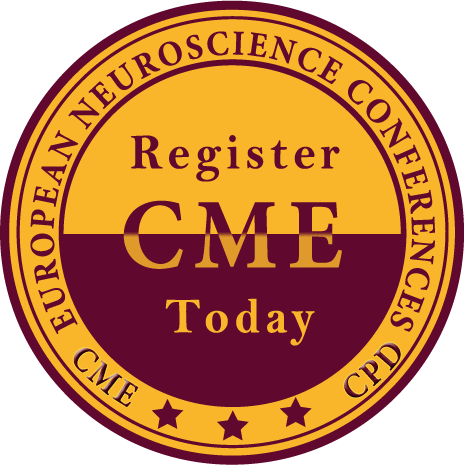Kamlesh Jha
All India Institute of Medical Sciences, India
Title: Hands-on autonomic function test and its interpretation
Biography
Biography: Kamlesh Jha
Abstract
Autonomic nervous system has very important role in the regulation of the overall homeostatic mechanism of our body. It could be tested in a non-invasive way with good reproducibility and accuracy. It is a promising tool of investigation for many sub clinical conditions and prognostication of many chronic disorders too. The tests are mainly based upon the heart rate and blood pressure recordings and the effect of sympathovagal influence upon its regulation. The test is done following certain pre-requisites to avoid any interference with the result due to any external reason. To start with, Heart Rate Variability (HRV) is tested using sophisticated computer based system followed by Deep Breathing Test (DBT), Valsalva Manoeuvre (VR), Isometric Hand grip Test (IHT) and Orthostatic Test (OT) in the same sequence. The DBT and VR is mainly a pulse rate based test and it usually quantifies the parasympathetic function whereas OT and IHT is mainly blood pressure based test and
used for quantifying sympathetic function. HRV is very specific test of ANS utilized for the assessment of cardio vagal function in objective manner. The principle components of HRV includes Standard Deviations of RR intervals (SDNN), Root Mean Square Deviations of RR intervals (RMSSD), total power, Low Frequency variations (LF), Very Low Frequency Variations (VLF) and High Frequency variations (HF) in the heart rate besides other parameters. HF represents mainly Parasympathetic functions whereas LF and VLF mainly represents sympathovagal balance and sympathetic functions respectively.

